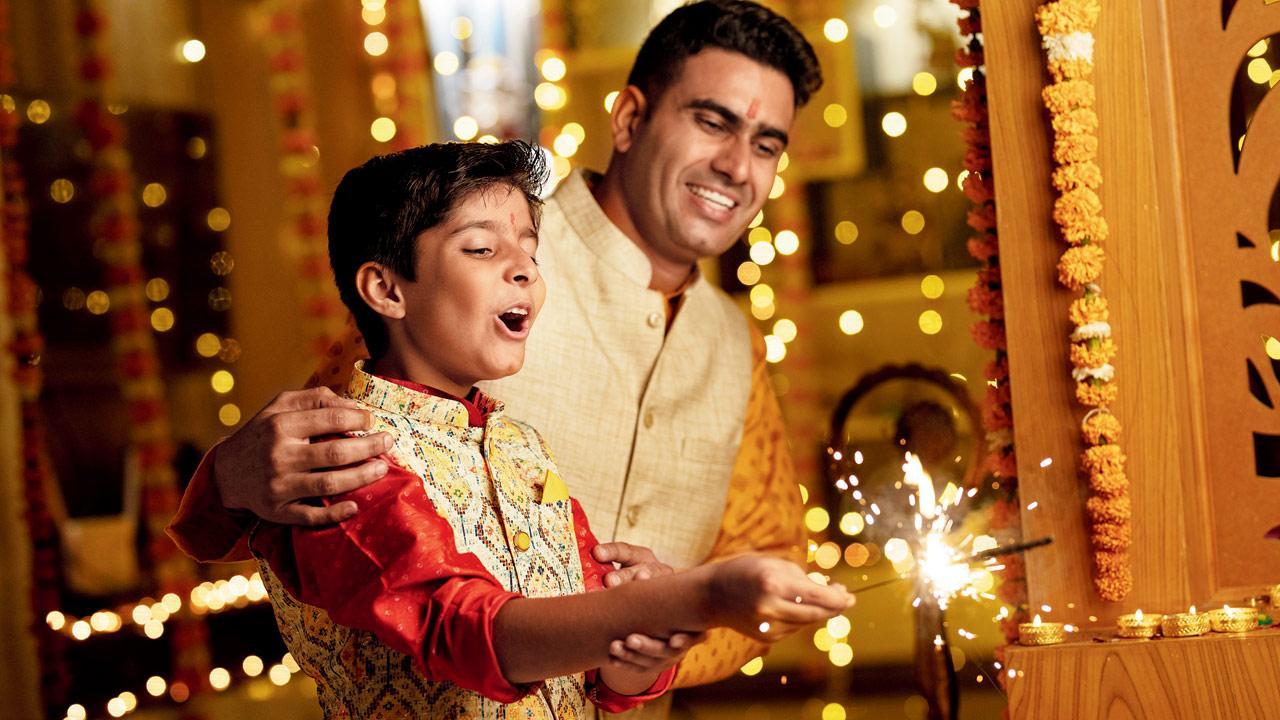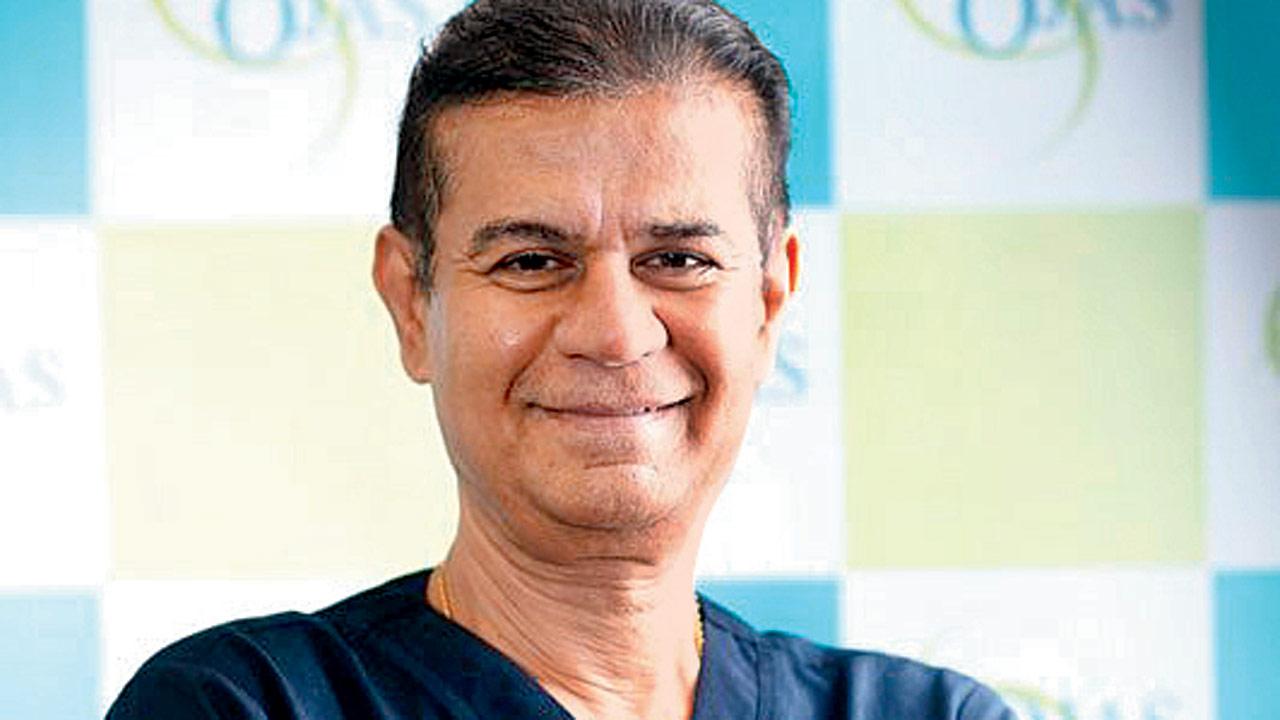As Diwali firecrackers fly off the shelves in the city, an ophthalmologist shares tips to keep your eyes protected amidst the festivities

Sparklers must be held at an arm’s distance. Representation pic
We are all for looking at the bright side of things, but this festive week, you might just be blinded by it — the city’s about to light up with fireworks and dazzling displays around every corner. On the not-so-bright side, one half of all firecracker-related injuries every Diwali involve the eye, ophthalmologist Dr Niteen Dedhia says.

Dr Niteen Dedhia
Even if you’re not ringing the festivities in with a bang and sticking to the simpler sparklers for that Instagram-worthy carousel, Dedhia shares a word of caution. “While sparklers may seem harmless, they burn at extremely high temperatures and can cause serious eye injuries. If you do use them, keep them at arm’s length and away from the face,” he points out.
Also Read: World Psoriasis Day: What is the skin disease and why stress may be one of the causes
For those who are planning a truly ‘lit’ Diwali this year, the doctor shares a handy guide.
>> Maintain distance: Debris can fly off firecrackers and injure your eyes. Opt for protective eyewear to steer clear of mishaps and use incense sticks to light firecrackers from safe distances.
>> Choose wisely: Light firecrackers only in open, ventilated areas. Keep a fire extinguisher or a bucket of sand handy.
>> Wait and watch: Never attempt to relight a firecracker that didn’t go off. Wait for a few minutes before approaching it with caution.
As convenient as treating an injury at home to avoid a trip to the hospital amid the festive mood might sound, Dedhia strongly advises against it. A three-step plan of action will help you stay on top of things should an unfortunate accident occur.
>> Do not rub: Rubbing an injured eye can exacerbate the damage
>> Rinse softly with water: If there is a foreign particle in the eye, rinse it gently with clean water only if there is no open cut. Avoid using any chemicals or eye drops without professional guidance from a doctor.
>> Seek medical help: After providing initial first-aid, it is always wise to consult an ophthalmologist to understand the true extent of the injury.
SEE PHOTOS: Innovative fusion dishes for Diwali celebration
 Subscribe today by clicking the link and stay updated with the latest news!" Click here!
Subscribe today by clicking the link and stay updated with the latest news!" Click here!








